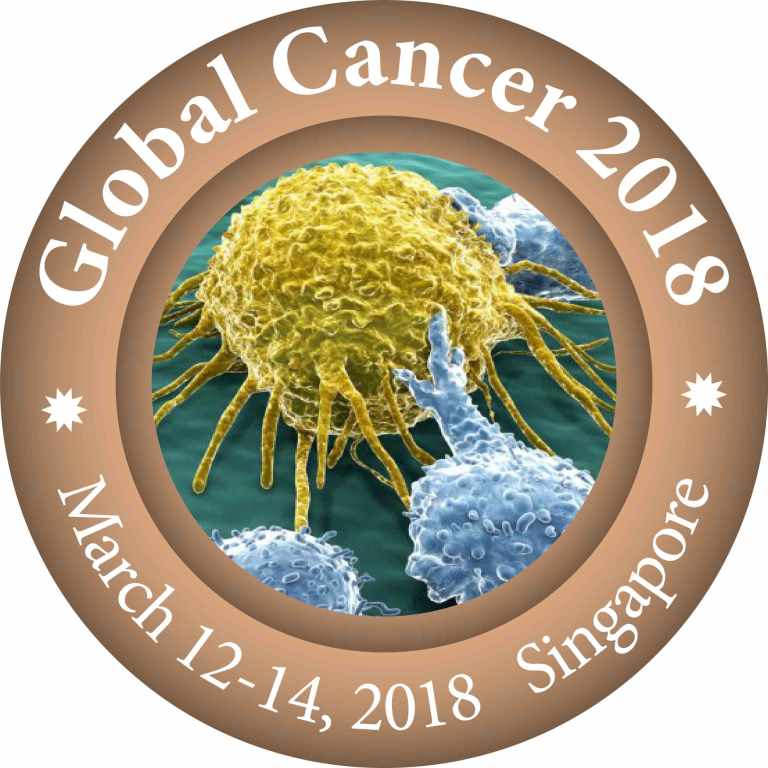
Polly Leilei CHEN
Cancer Science Institute of Singapore, Singapore
Title: Understanding RNA editing in human cancer: Causes and functional consequences
Biography
Biography: Polly Leilei CHEN
Abstract
Conventionally, cancer is driven by a clonal accumulation of somatic mutations, referred to as driver mutations, conferring a selective growth advantage to cancer cells. RNA editing, is an epigenetic mechanism, introduces changes in the RNA sequences encoded by the genome, contributing to editing/epigenetic mutations. In humans, the most frequent type of editing is the conversion of adenosine to inosine (A-to-I), which is catalyzed by ADAR (Adenosine Deaminase Acting on RNA) proteins, ADAR1 and ADAR2. Inosine (I) essentially mimics guanosine (G), therefore ADAR proteins actually introduce a virtual A-to-G substitution in transcripts. Such changes can lead to specific amino acid substitutions, alternative splicing, altered microRNA seeds or targets, or changes in transcript localization, expression and degradation. Up to now, changes in the information are being investigated almost exclusively at the DNA level. Using integrative genomic approaches, our previous study highlighted a link between a disrupted RNA editing balance and cancer development. We recently place focus on understanding the regulators of A-to-I RNA editing and their role in cancer development.

